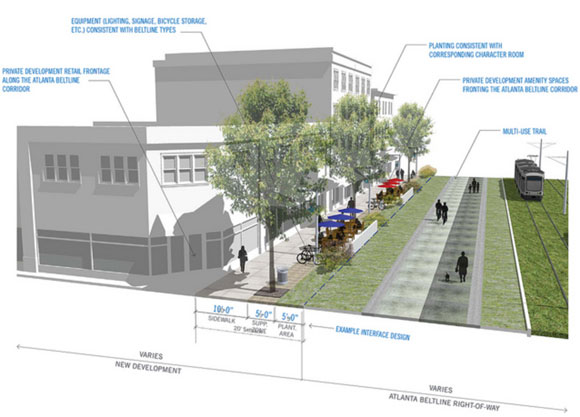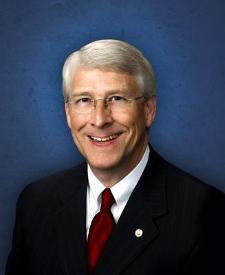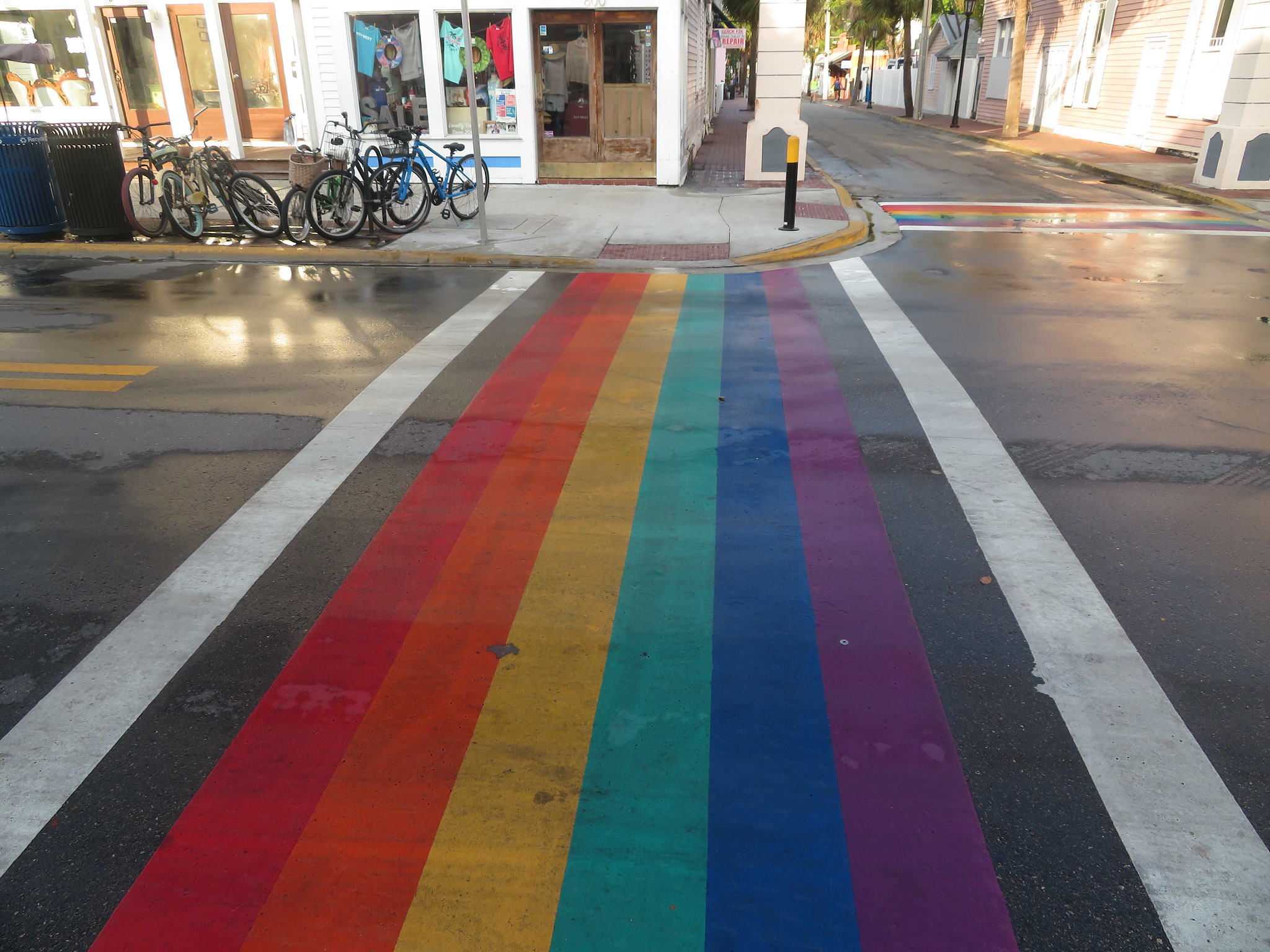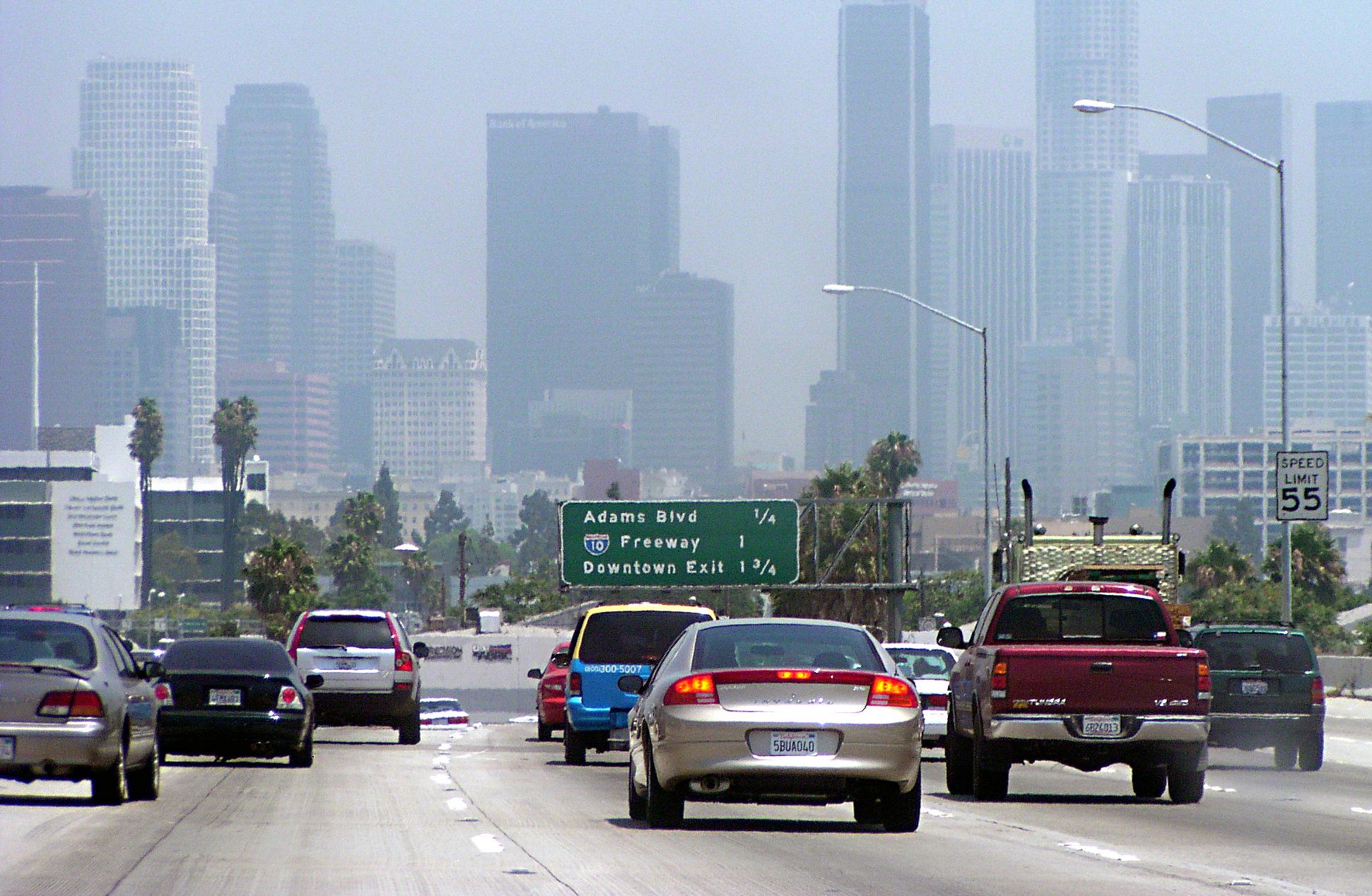
When it comes to transportation funding, cities and towns occupy the bottom of the totem pole. The vast majority of federal transportation money goes to states, to the exclusion of local governments. That means state DOTs get tens of billions to spend on highways each year, while mayors and local agencies have to scrounge for money to improve transit, build sidewalks, or add bike lanes.
A bipartisan bill introduced in the Senate Thursday could give local governments greater access to federal funding. Senators Cory Booker (D-NJ) and Roger Wicker (R-MS) introduced the Innovation in Surface Transportation Act -- Senate Bill 2891 [PDF] -- which would set aside some federal transportation money for states to redistribute to cities and towns on a competitive basis.

The legislation would devote 10 percent of federal surface transportation funding -- or about $5 billion per year -- to local-level projects. The funds would be split up between the states, and in each state a panel would distribute the money on a competitive basis to local governments, transit agencies, and regional planning agencies.
Senator Wicker said the bill is supported by localities across Mississippi as well as the Mississippi Municipal League.
"Local officials in Mississippi are on the front lines of America’s transportation challenges but often lack the resources to pay for critical improvements," he said in a statement. "This measure would enable these local leaders to have a larger role in deciding which projects merit consideration. In doing so, leaders could implement the most targeted and cost-effective solutions to meet unique and urgent infrastructure needs.”
Three other senators -- Mark Begich (D-Alaska), Bob Casey (D-Pennsylvania), and Thad Cochran (R-Mississippi) -- have also signed on as sponsors. The Senate bill has a companion in the House -- HR 4726, which has been held up in committee.
David Goldberg, communications director for Transportation for America, a leading supporter of the measure, said he doesn't expect the bill to be passed into law before the holiday recess. But support for the bill today, he said, could help shape the next transportation bill.
Transportation for America is asking supporters to email their senators and urge them to support the measure.





